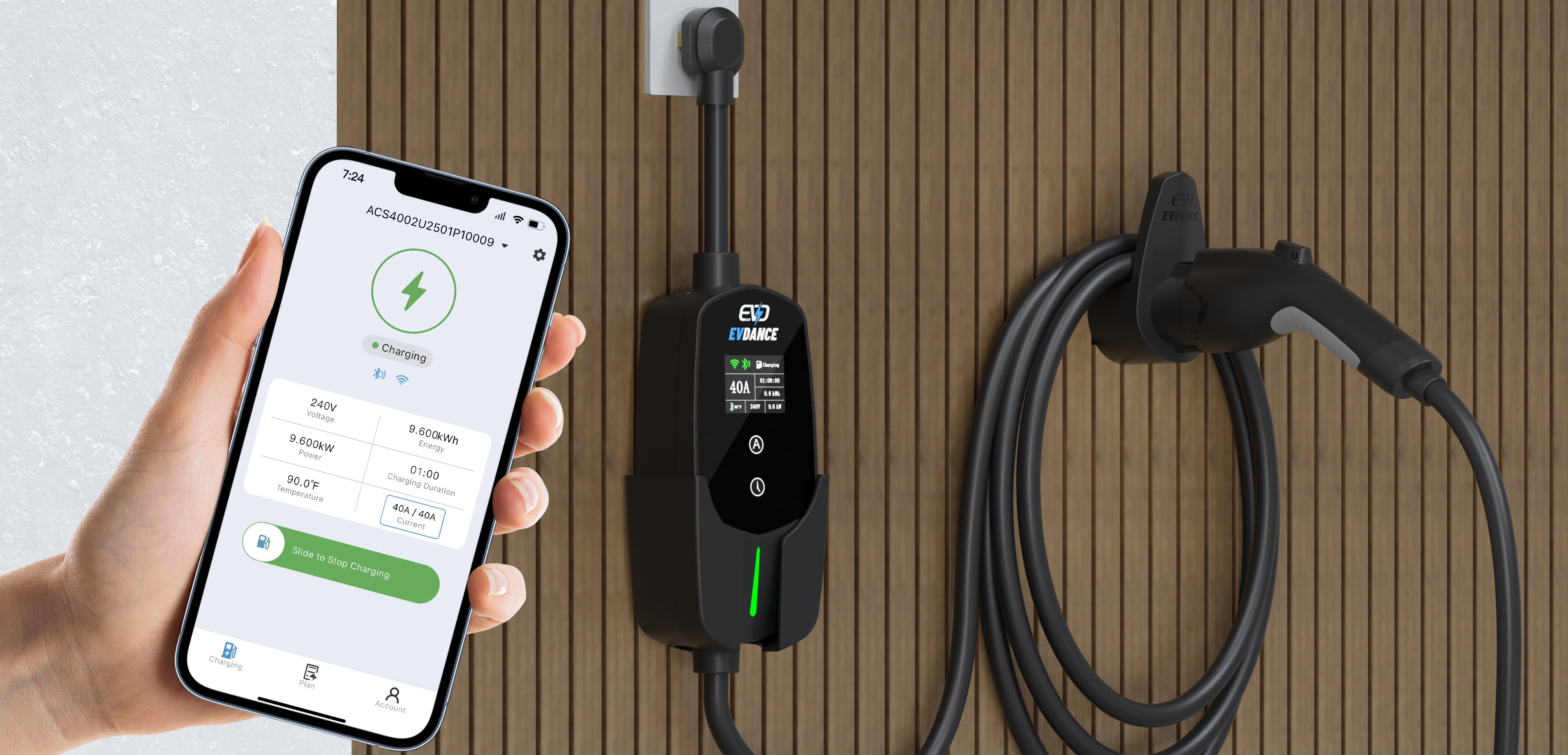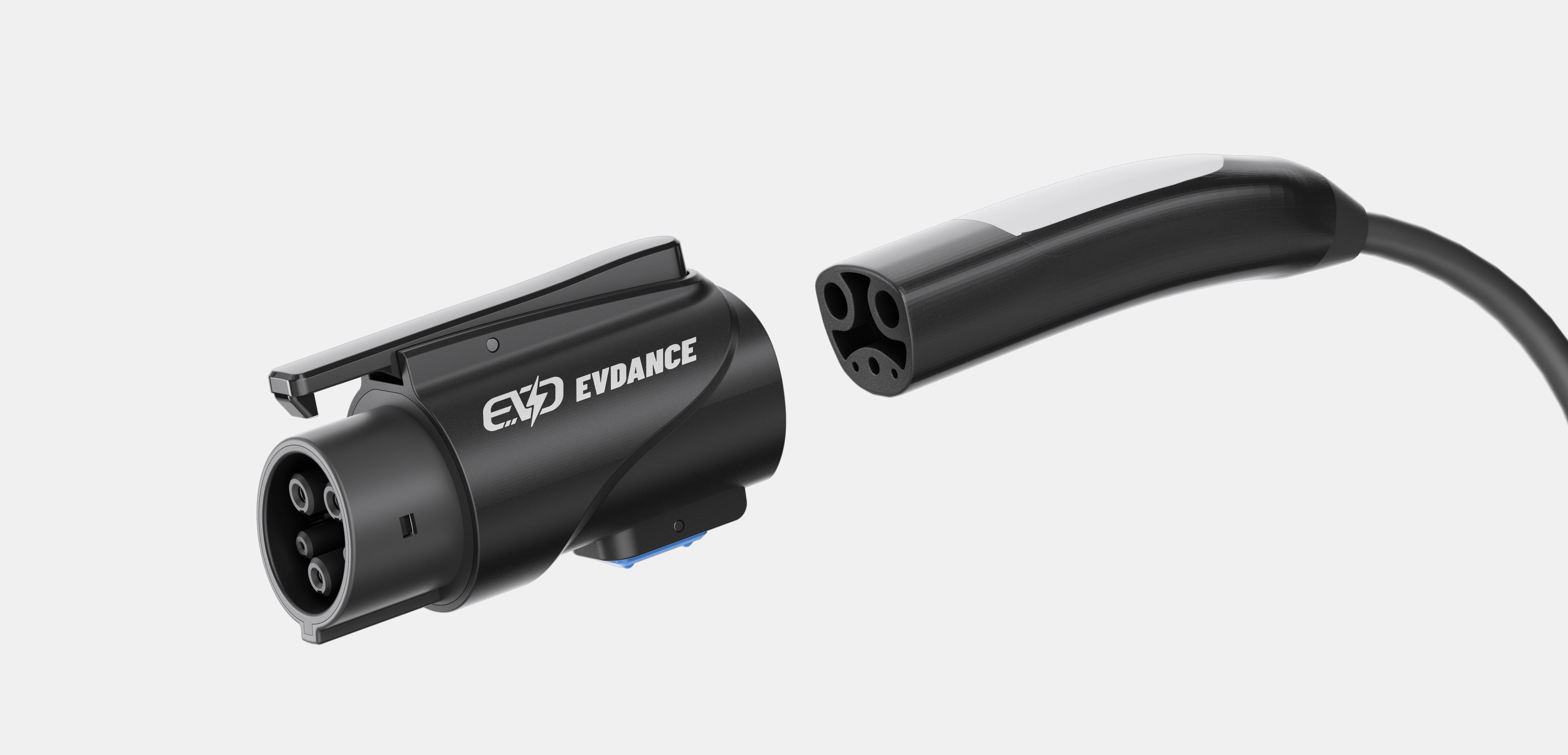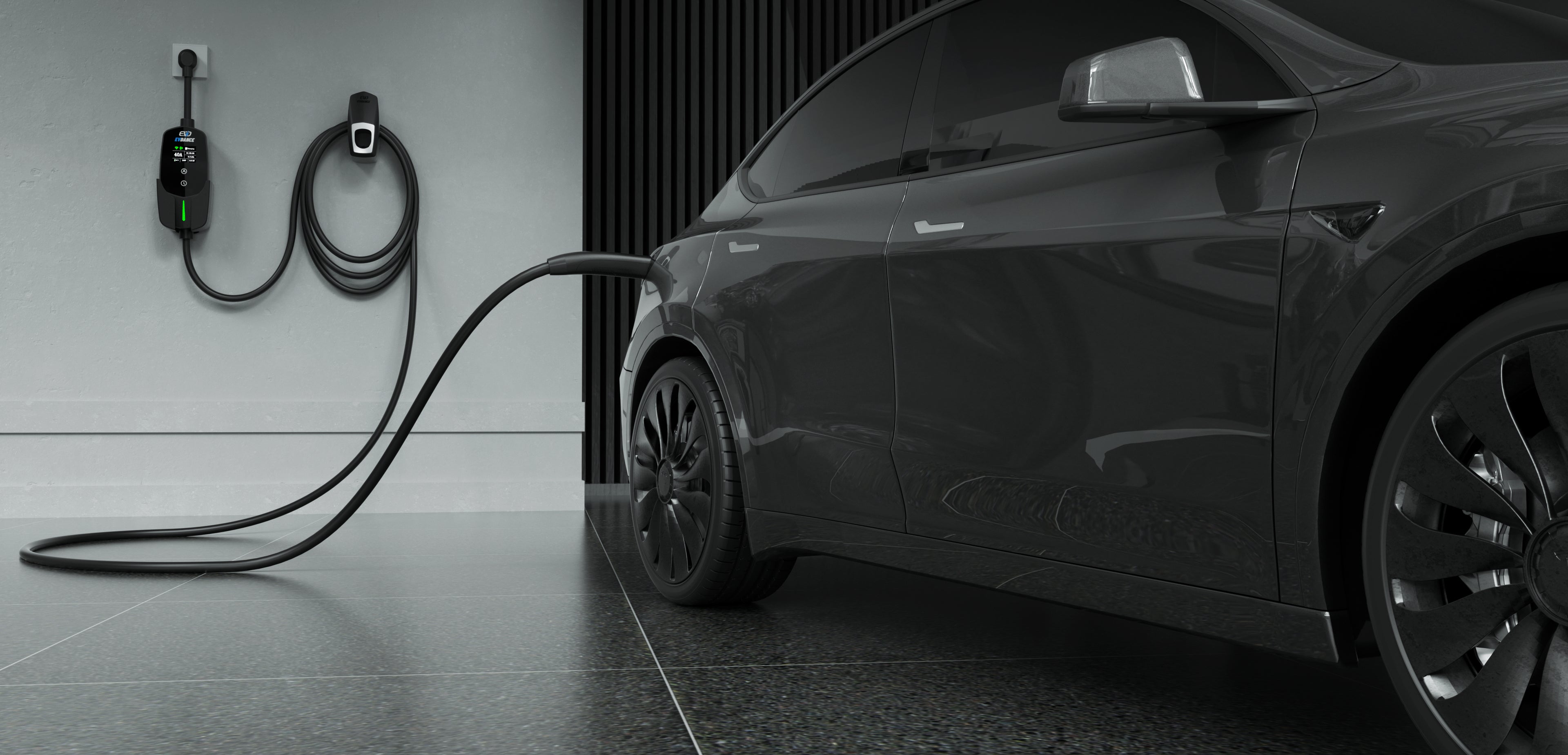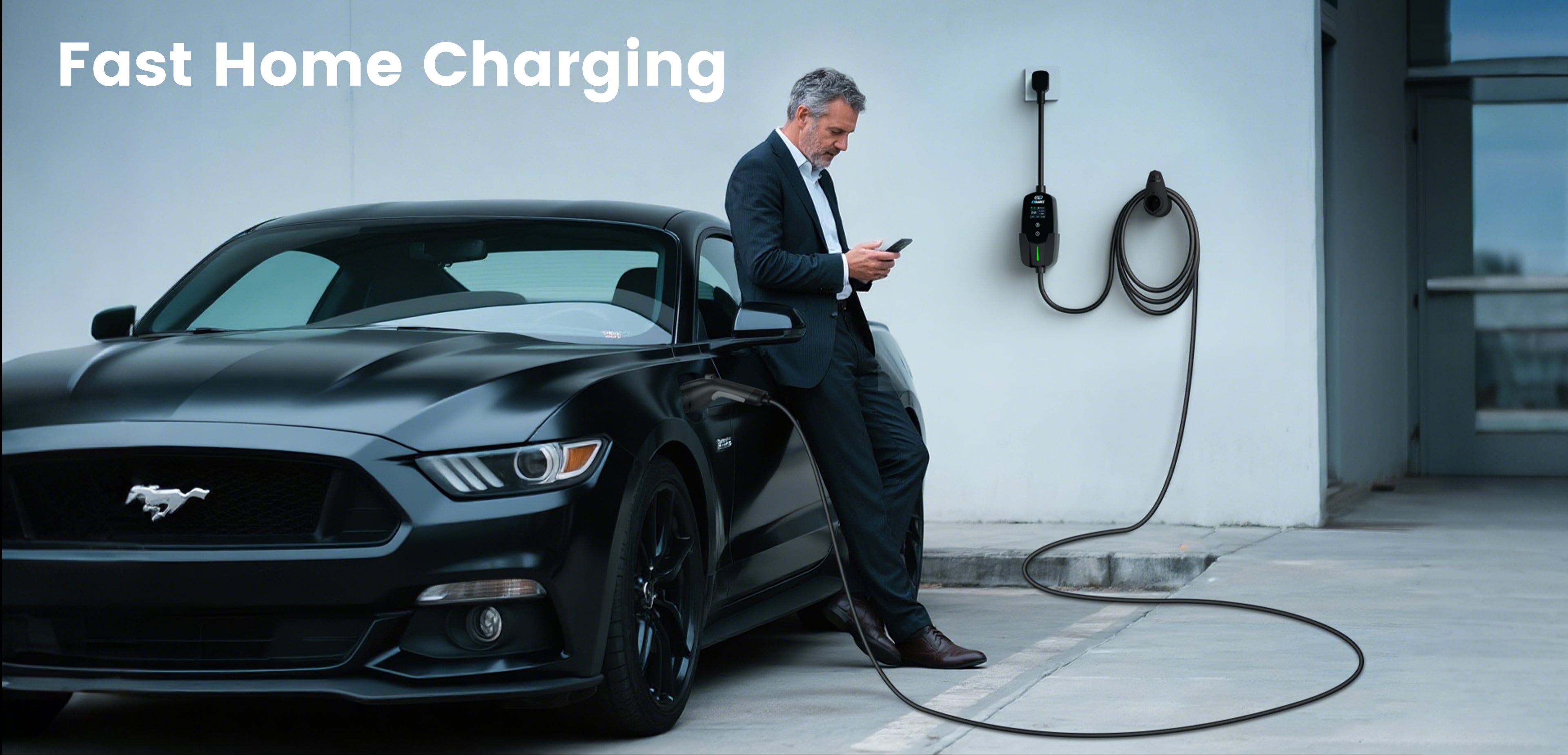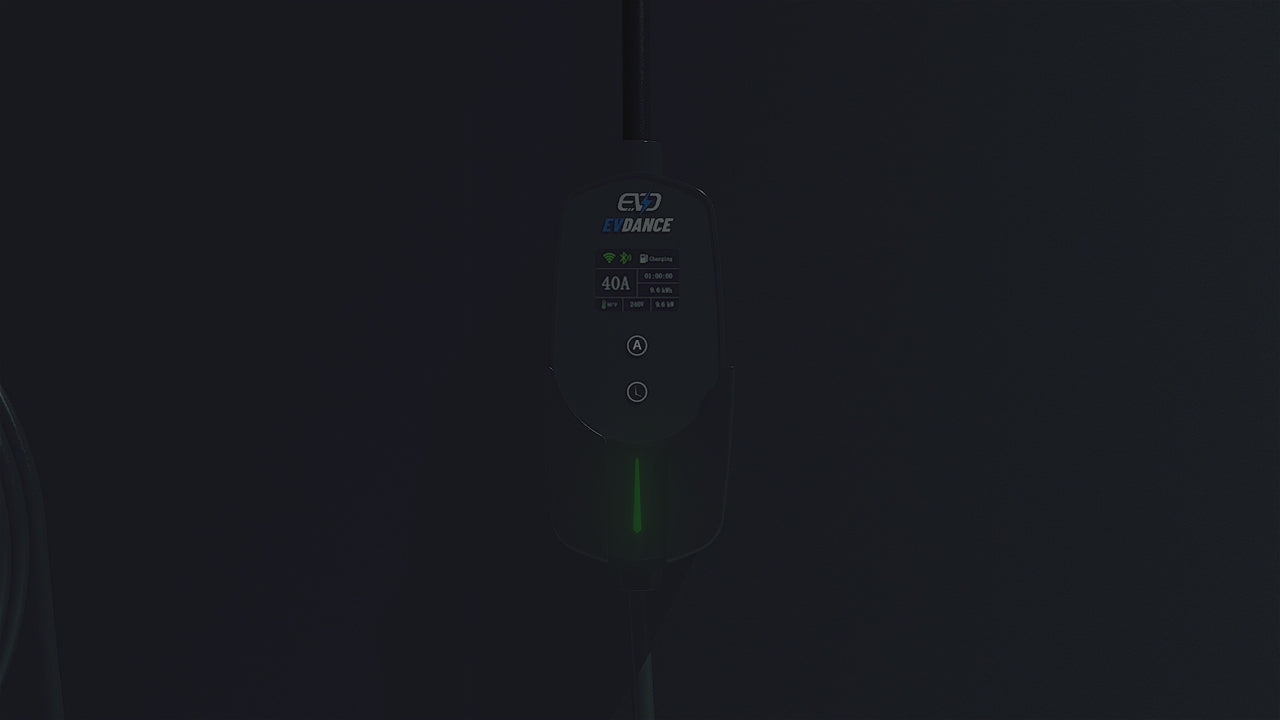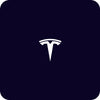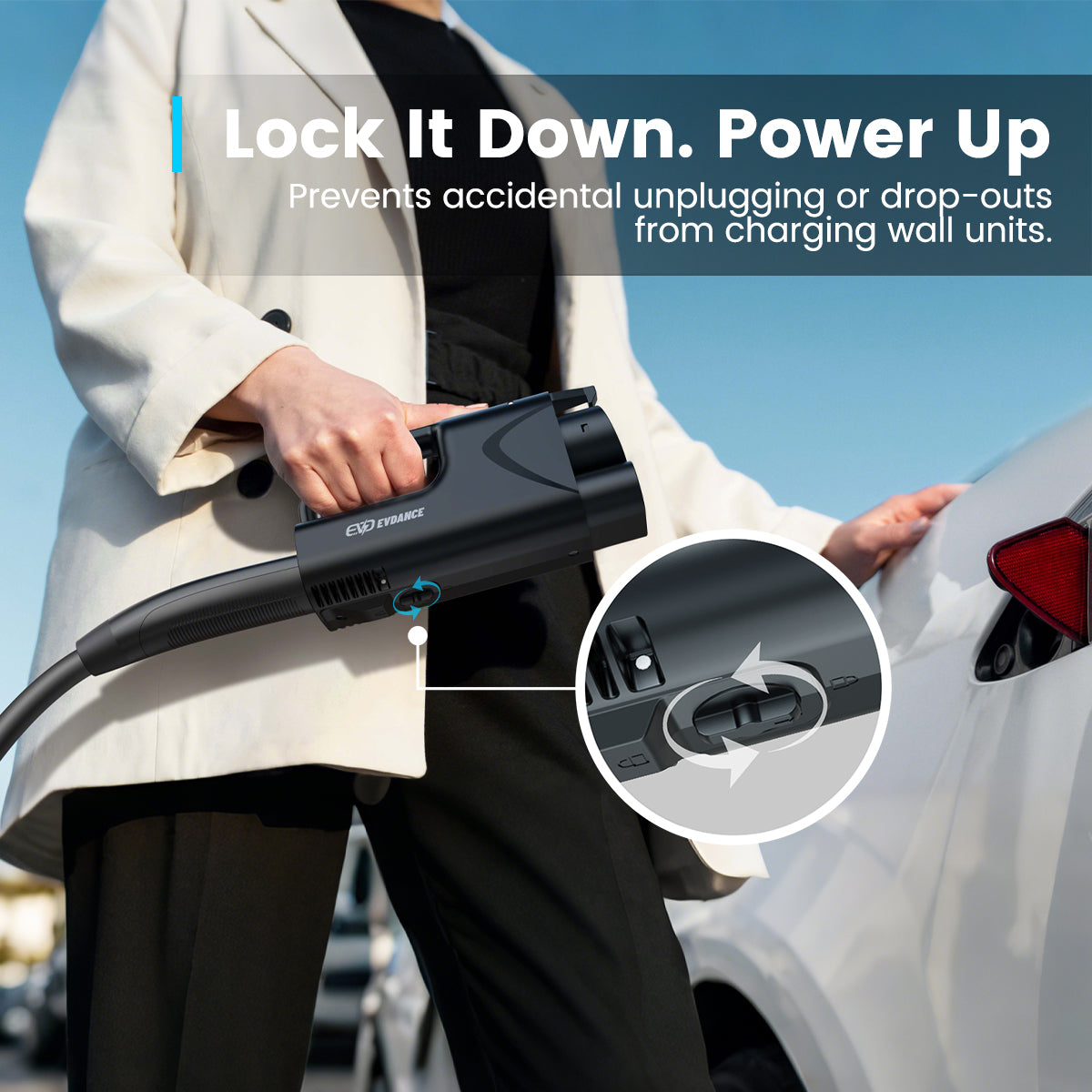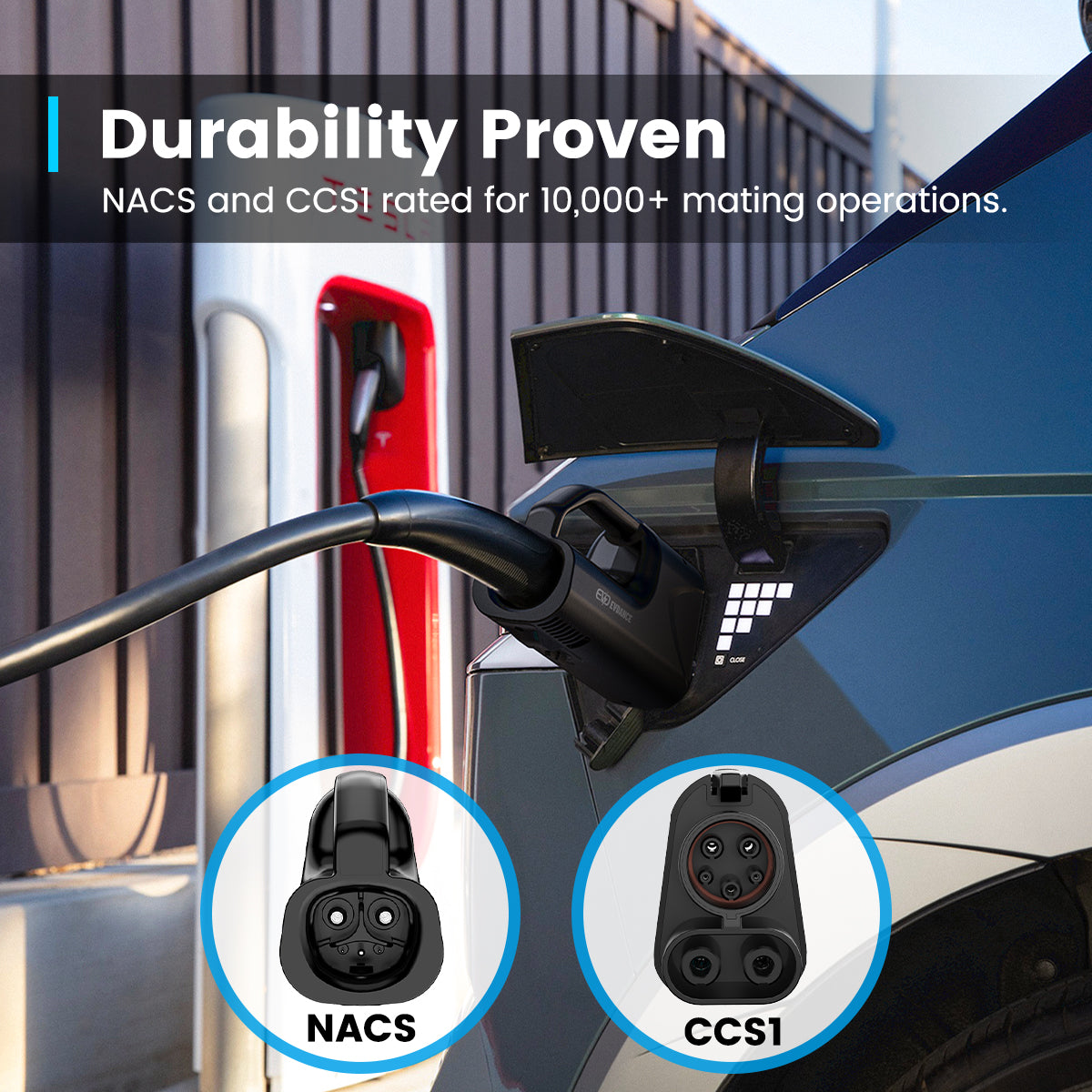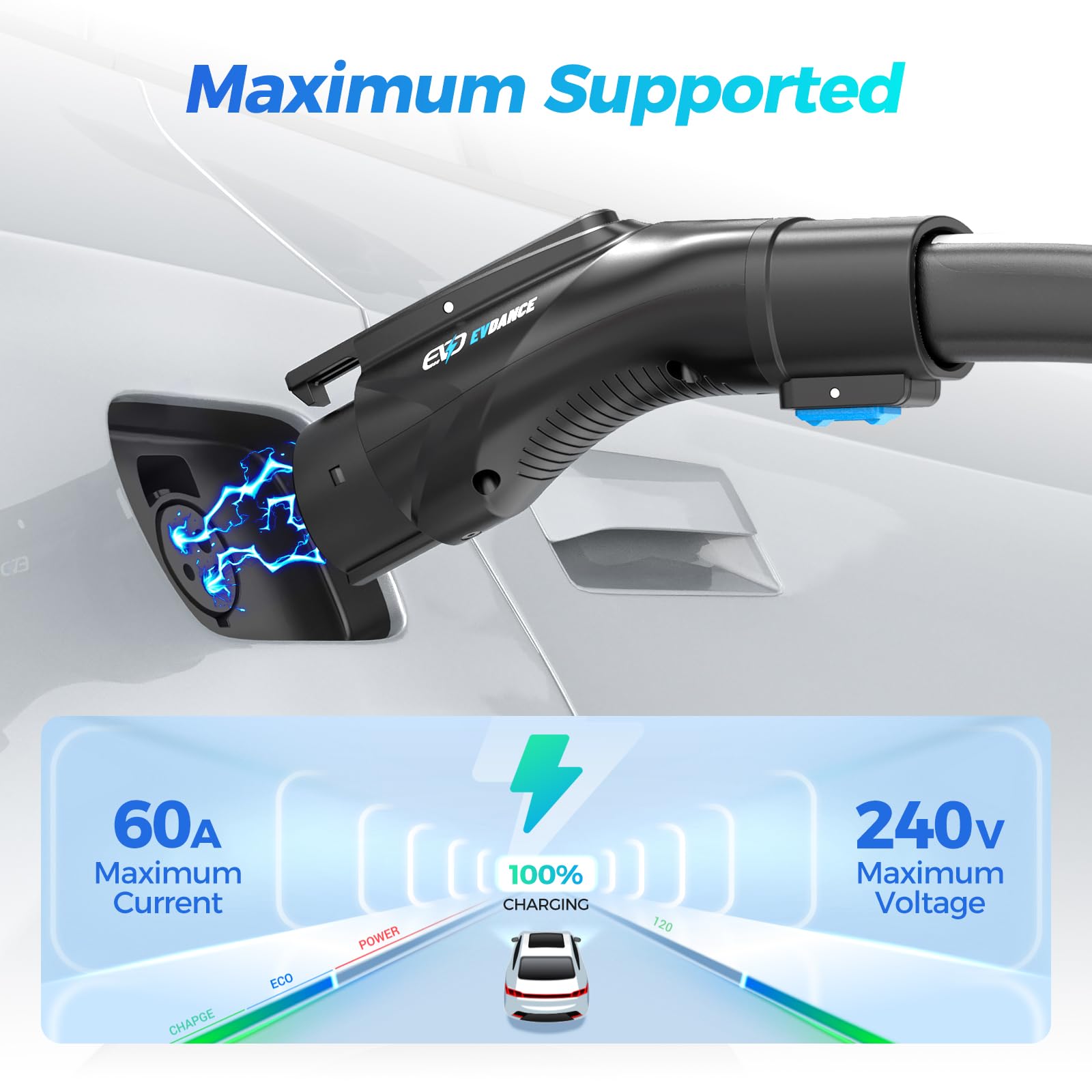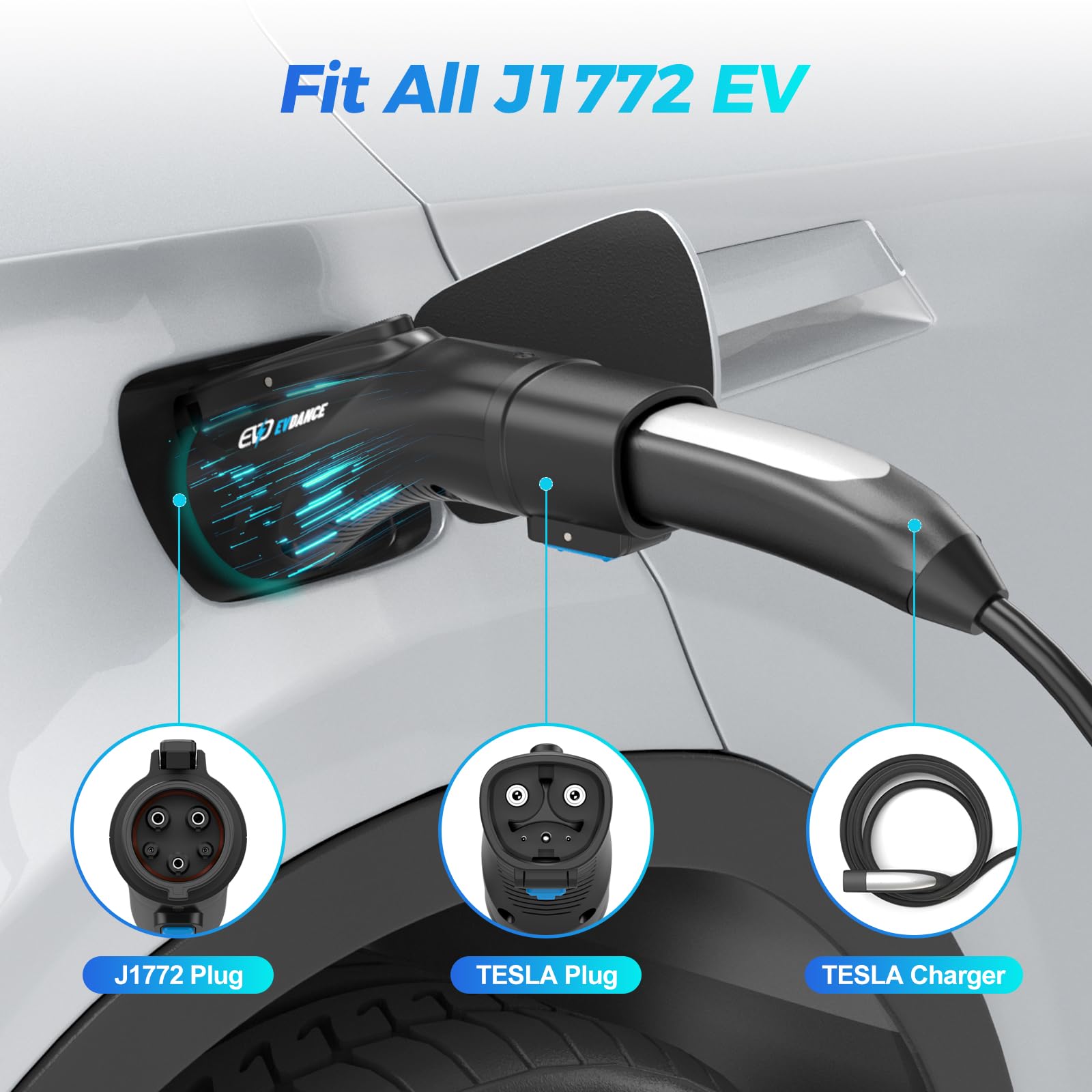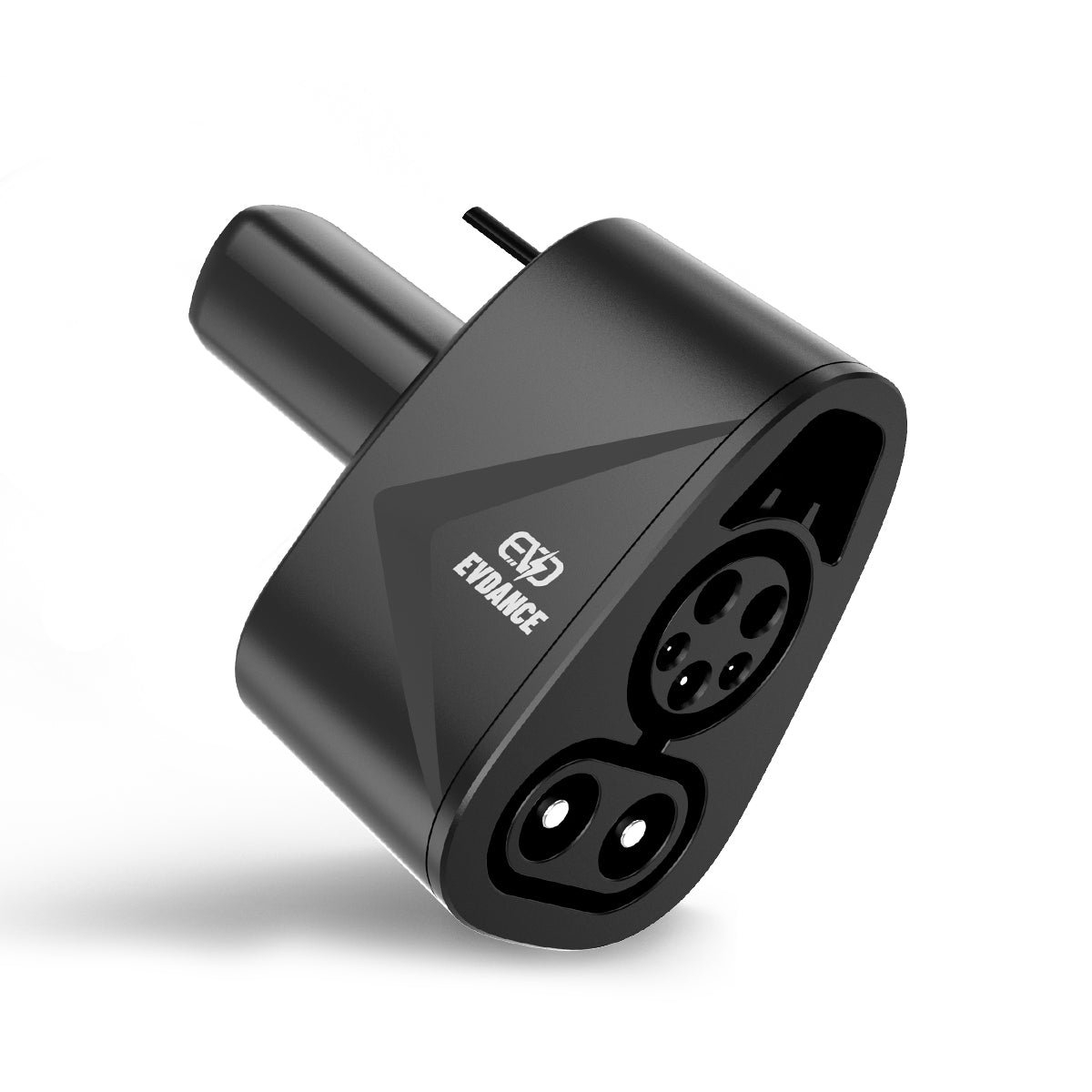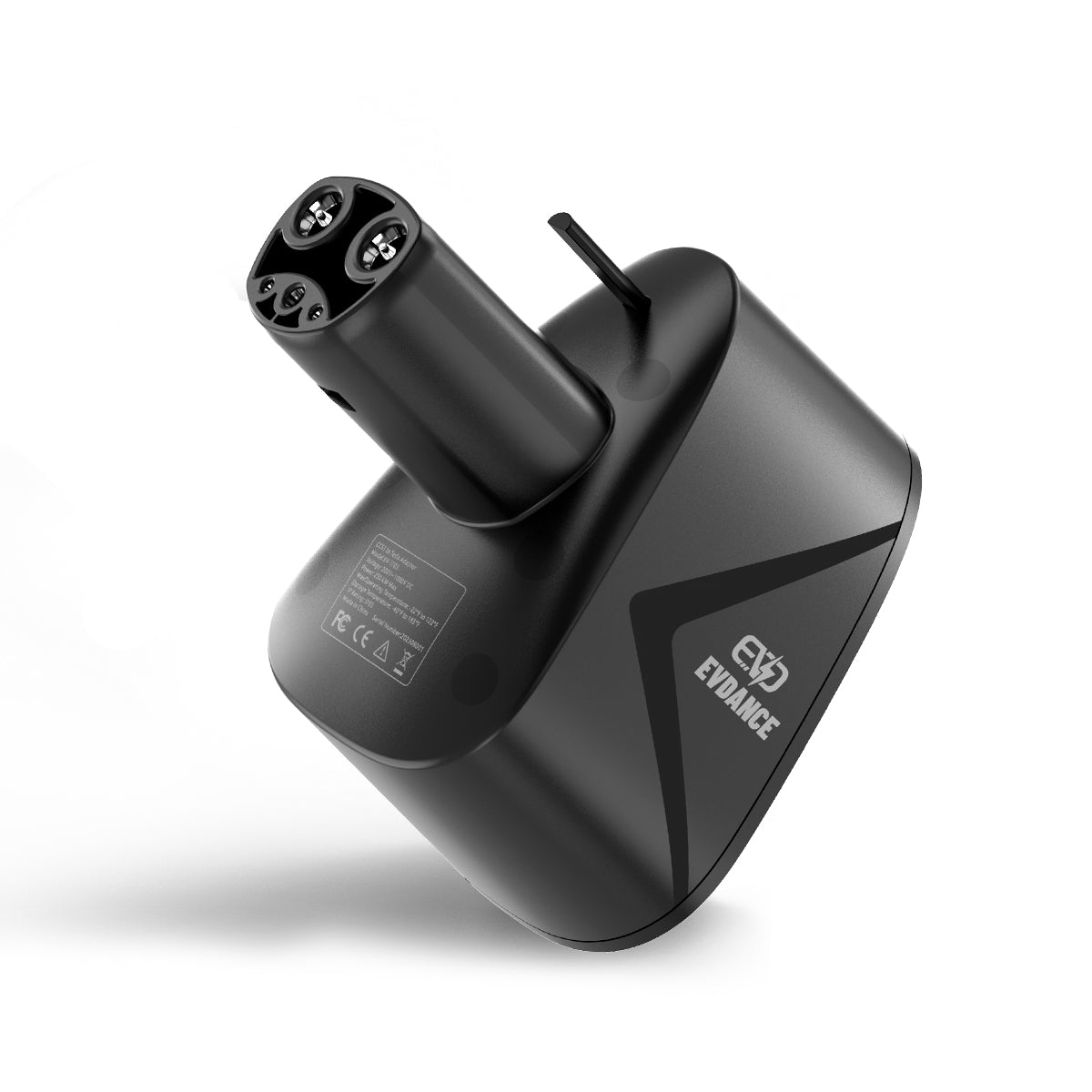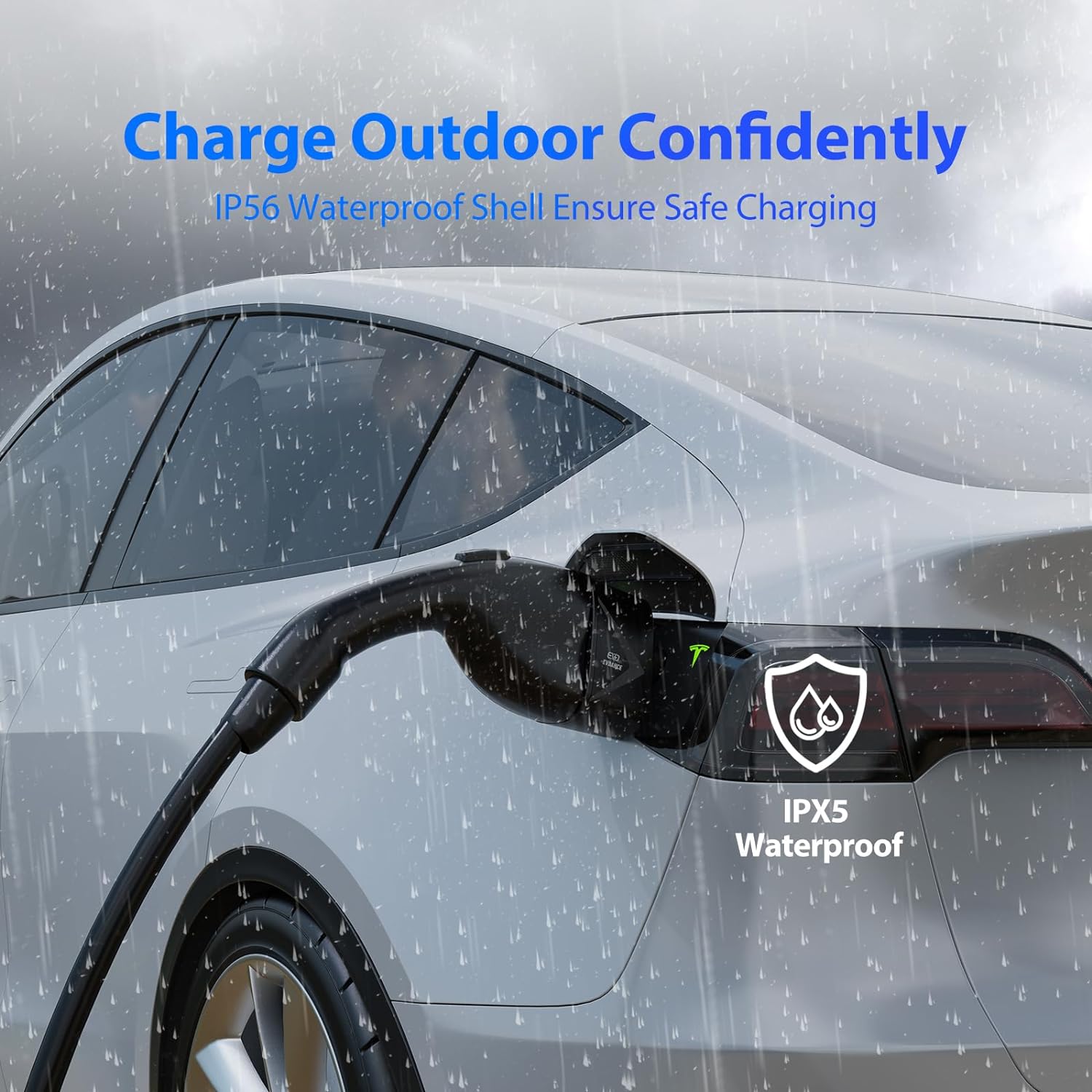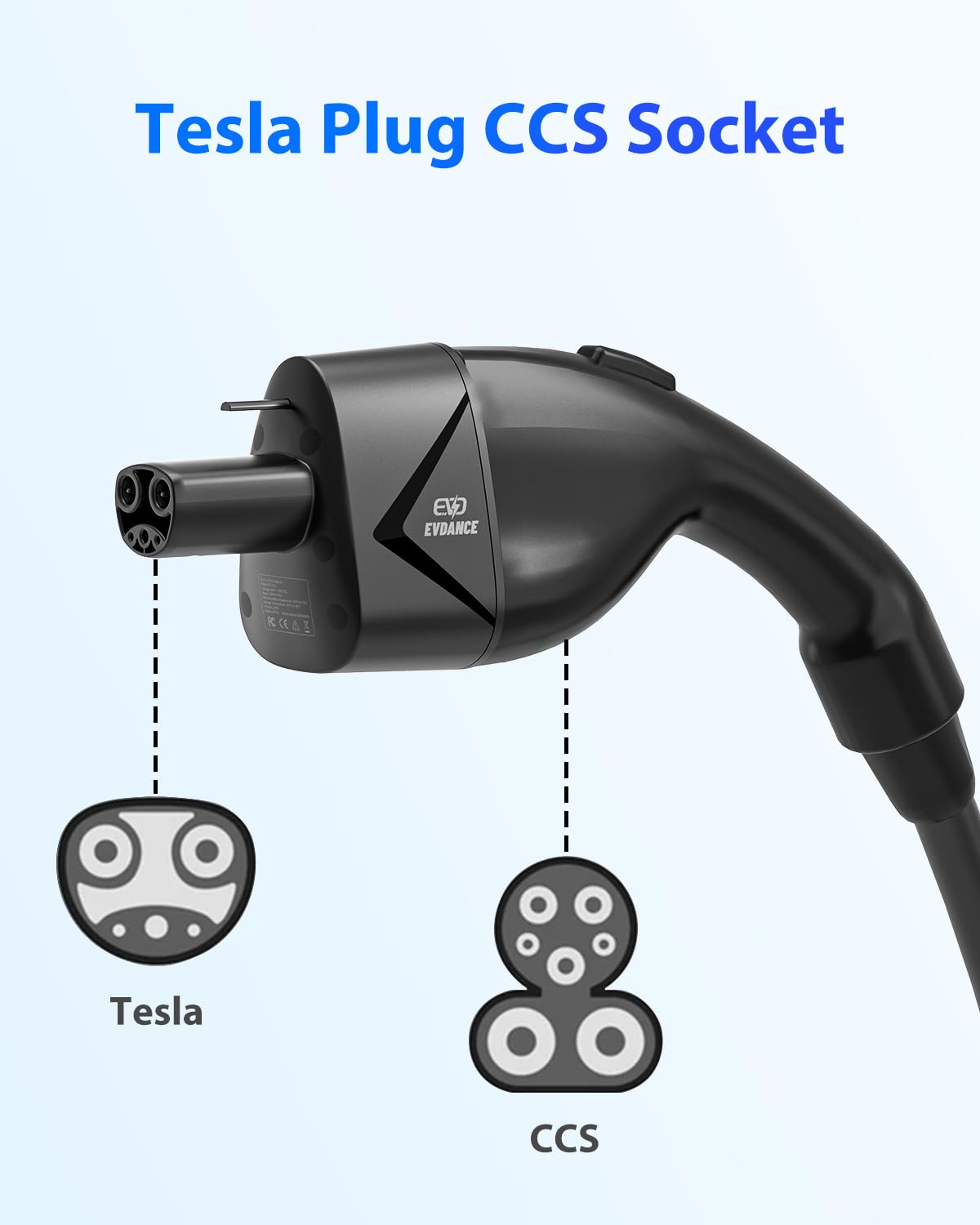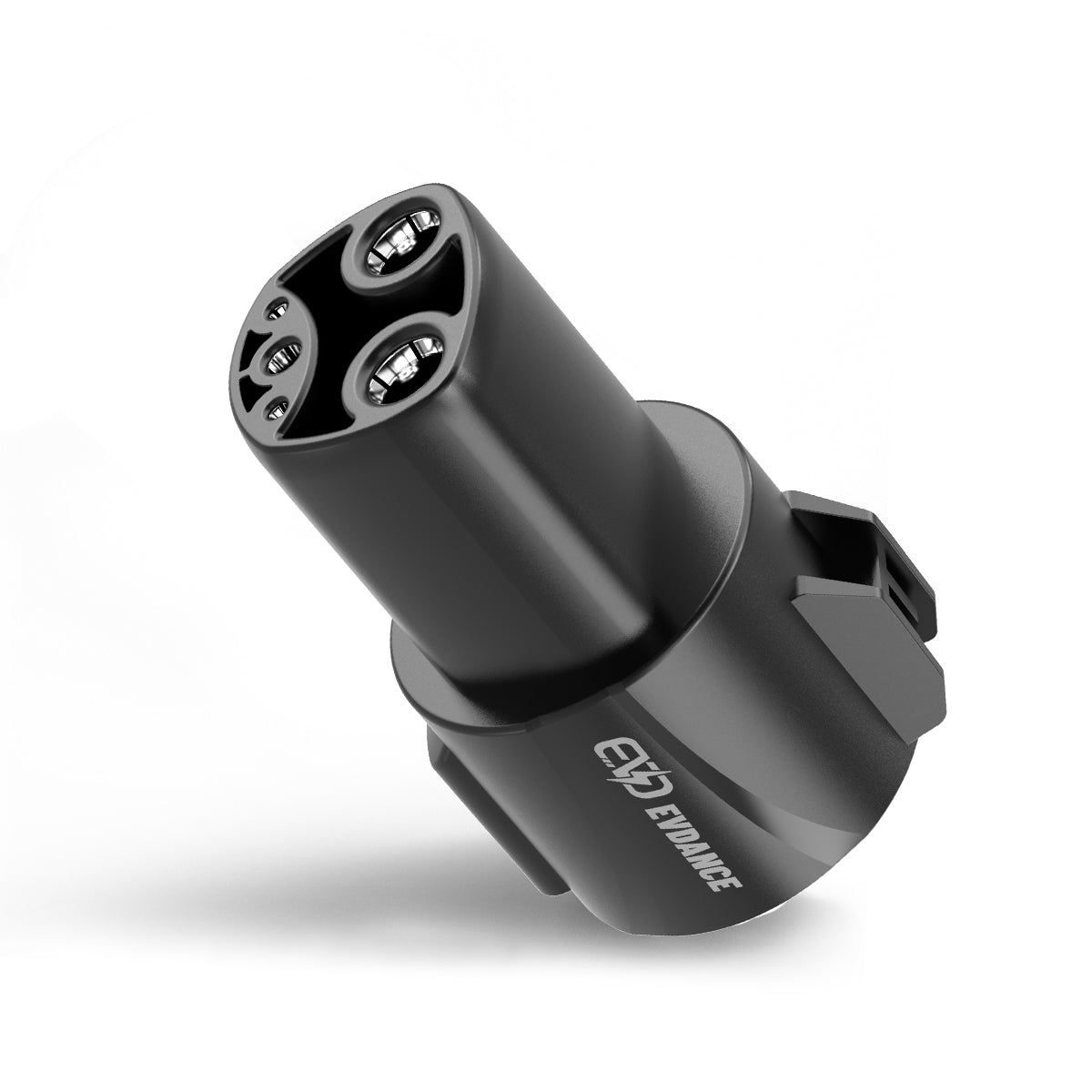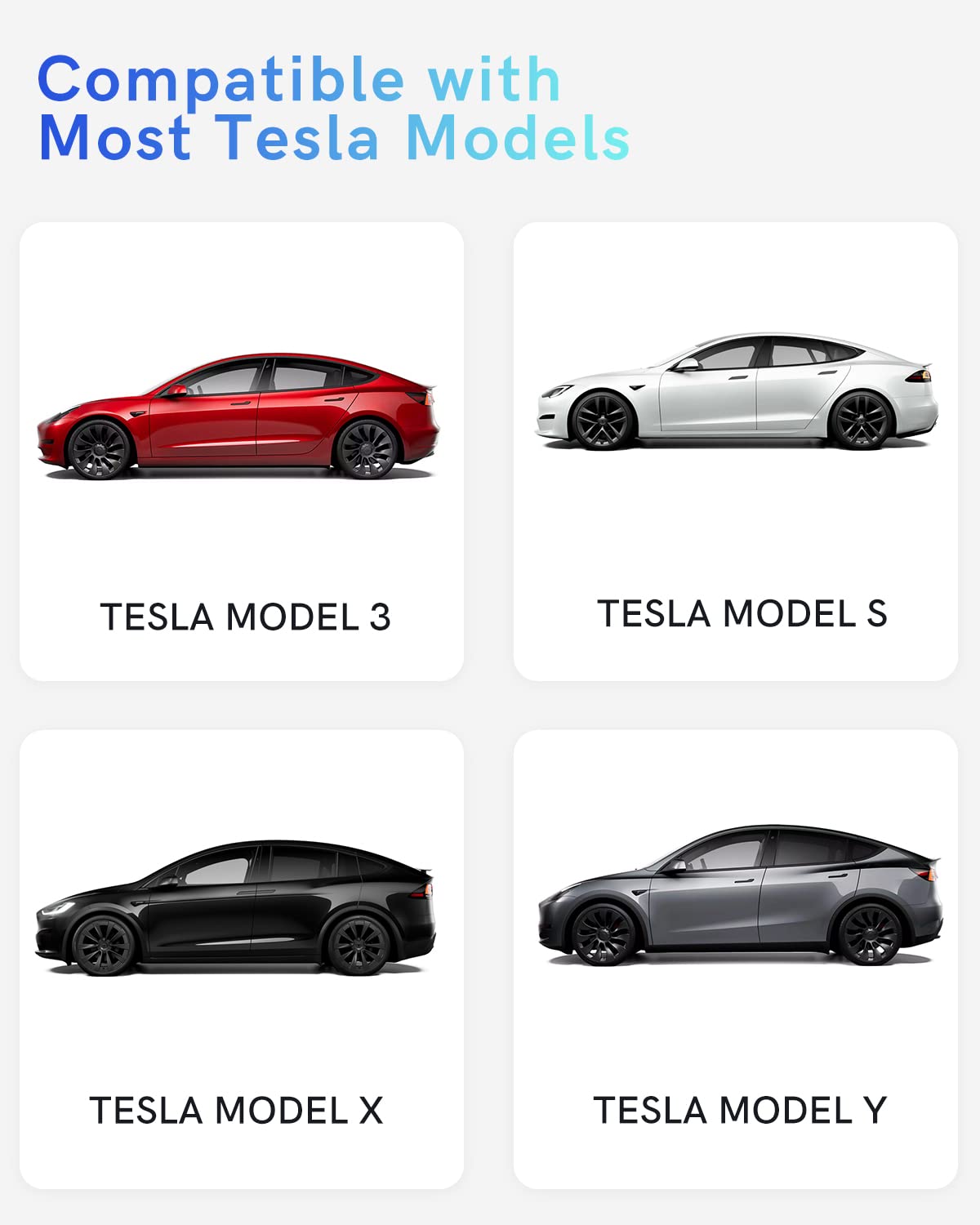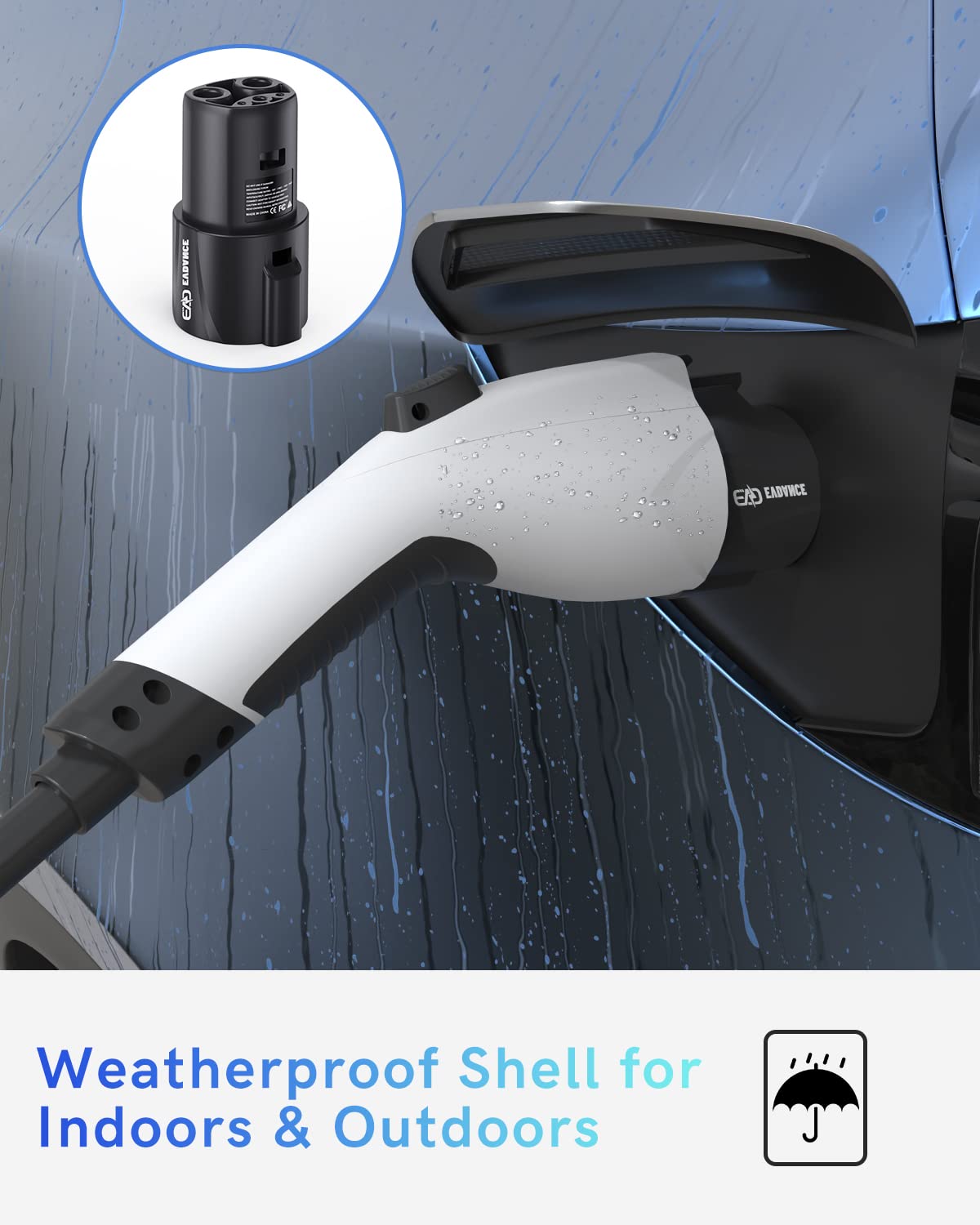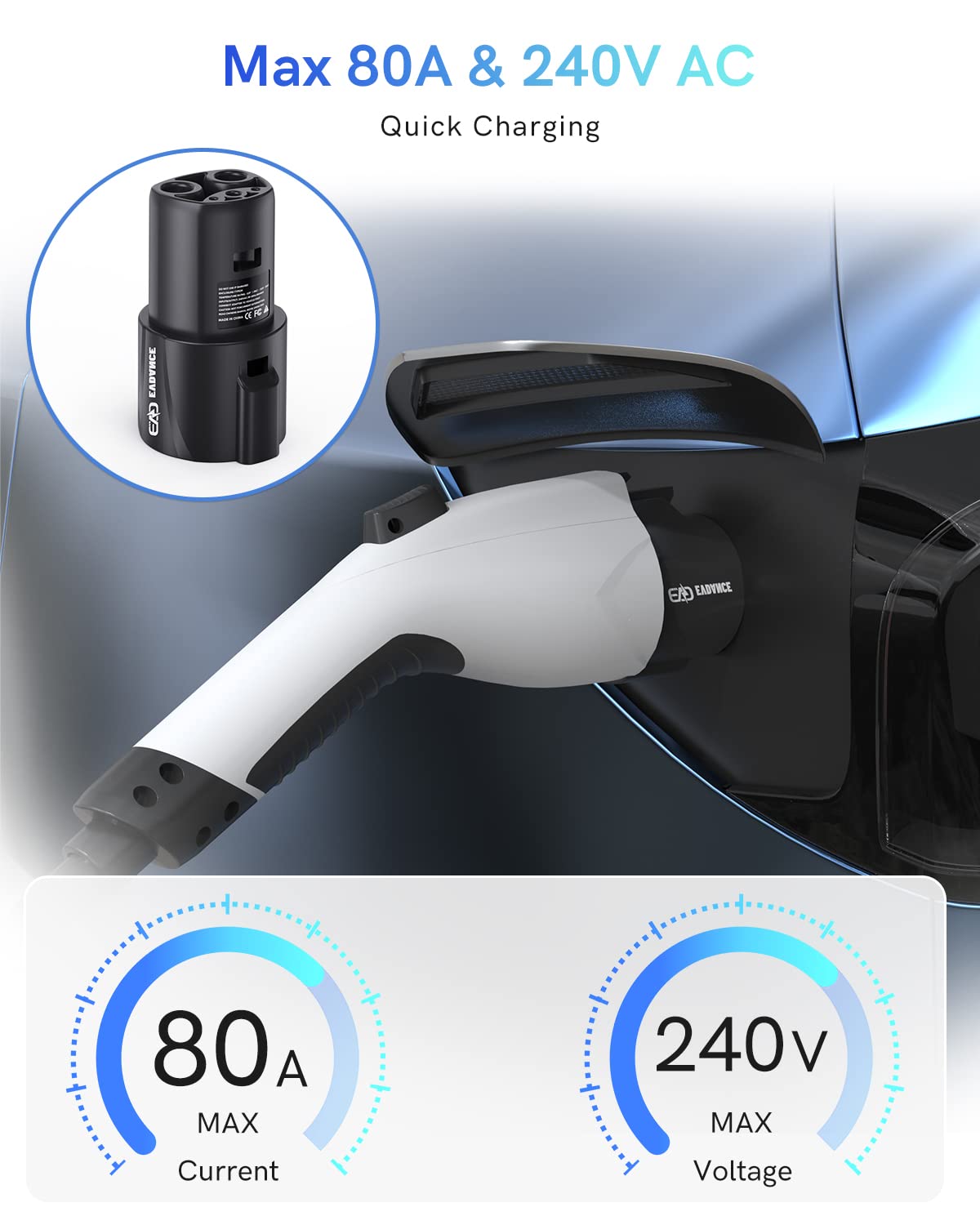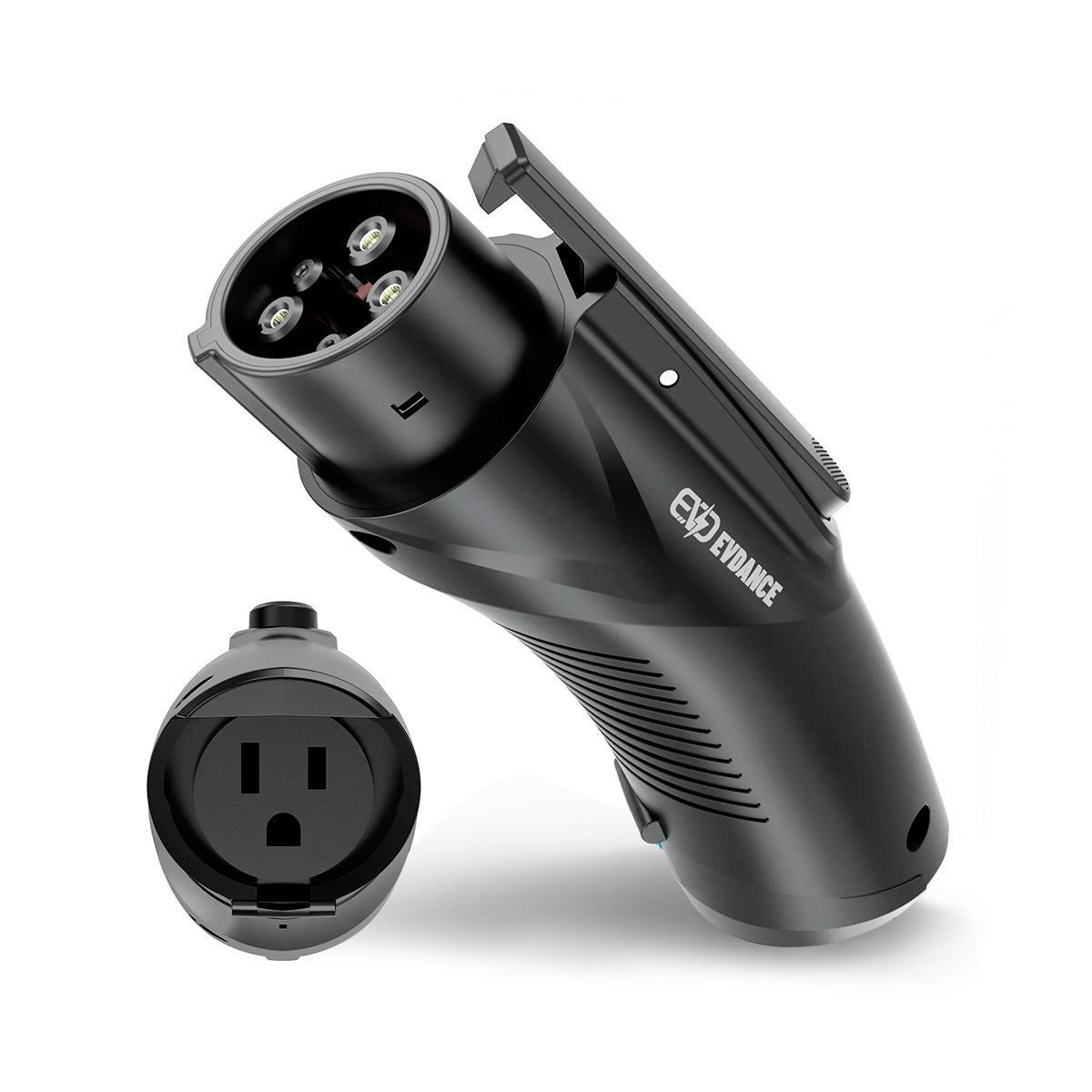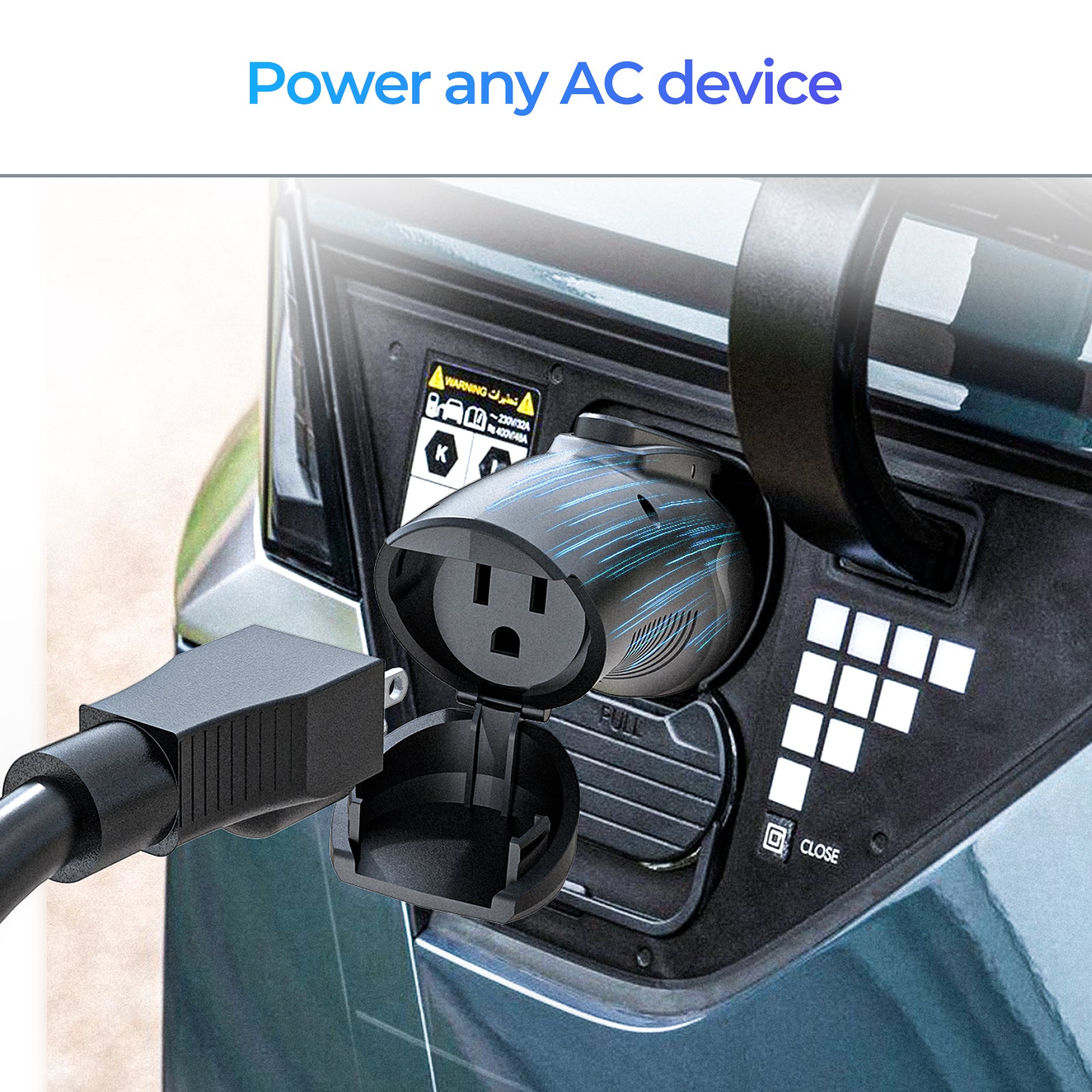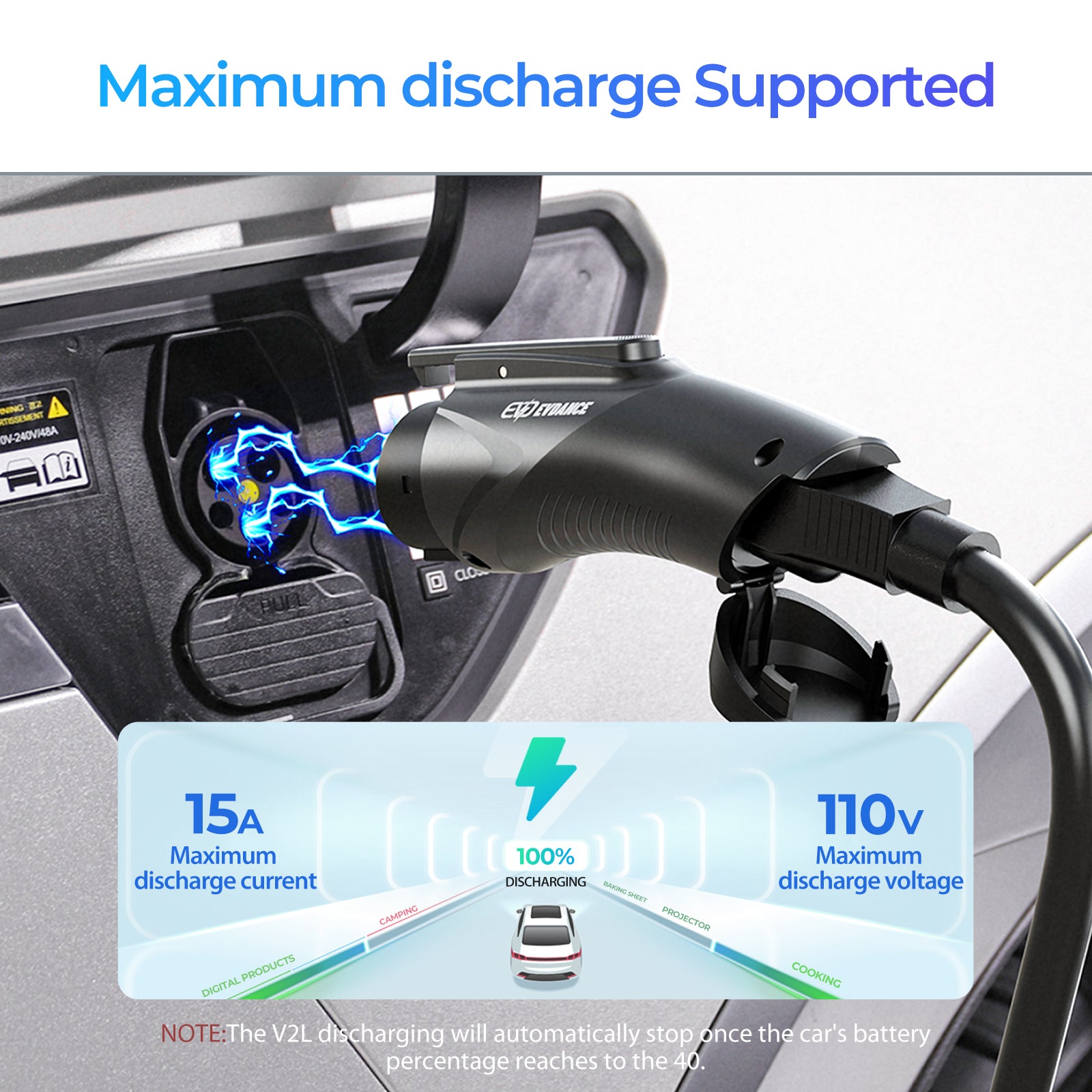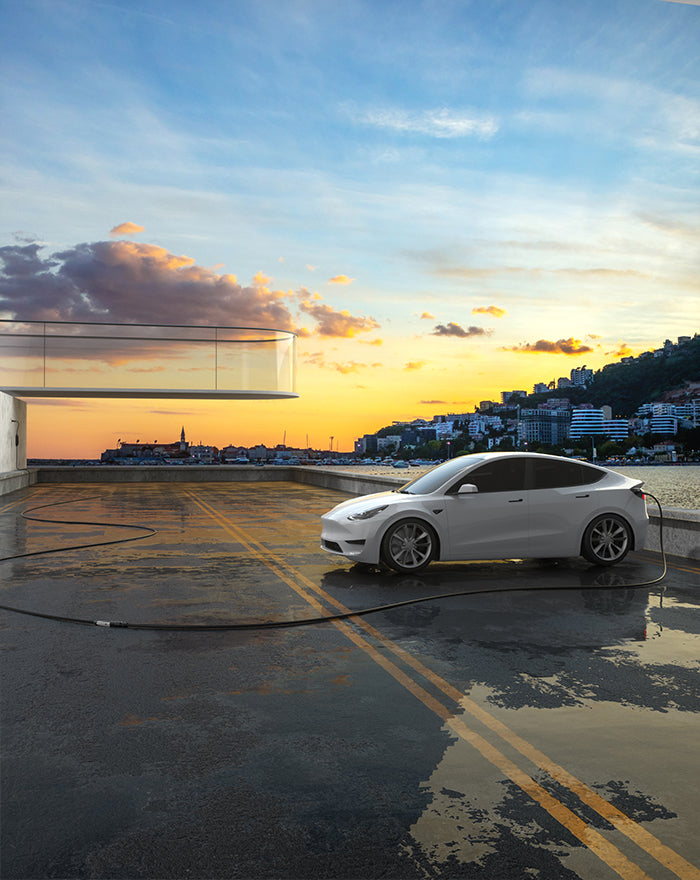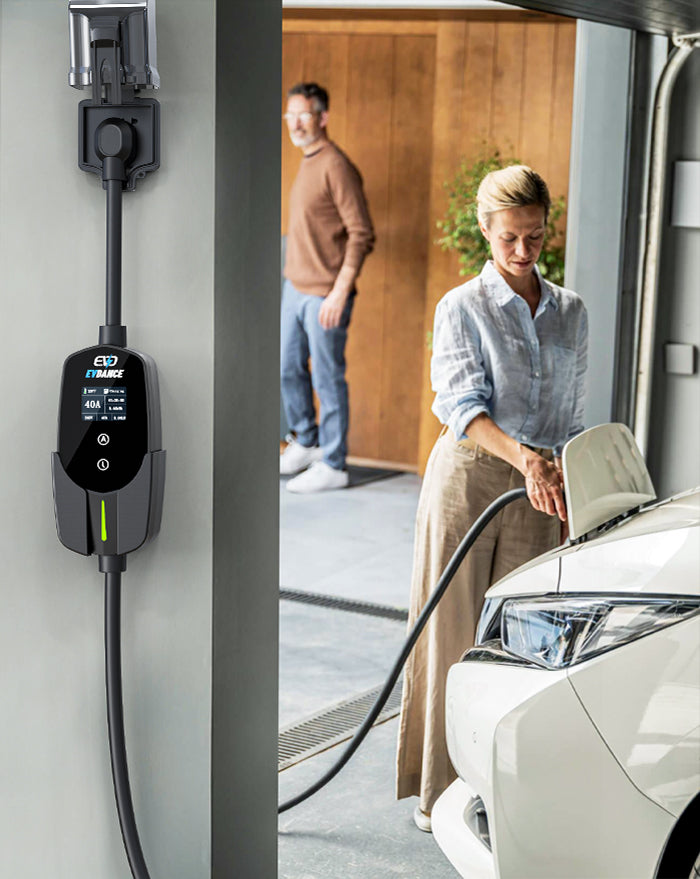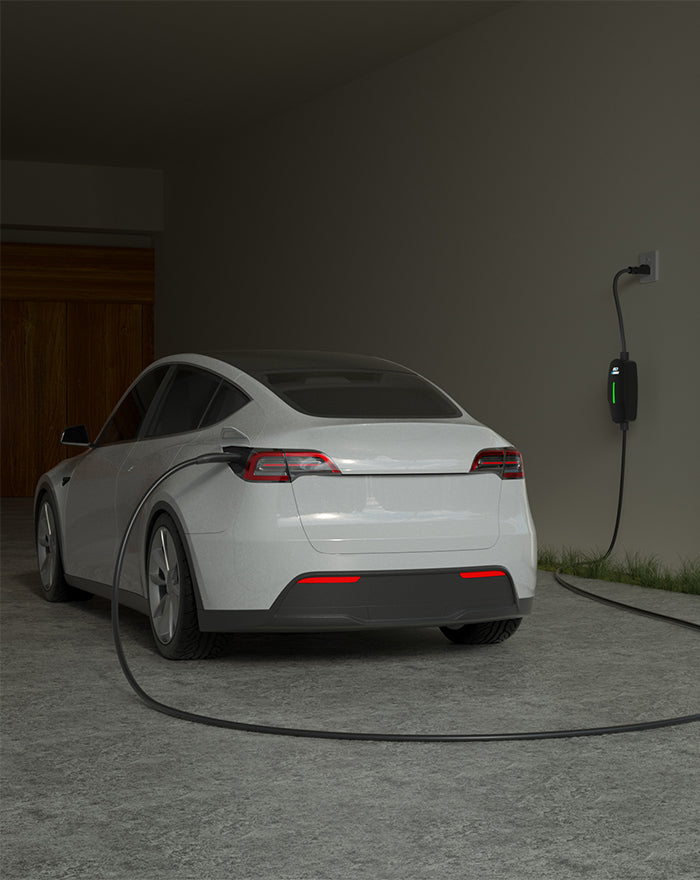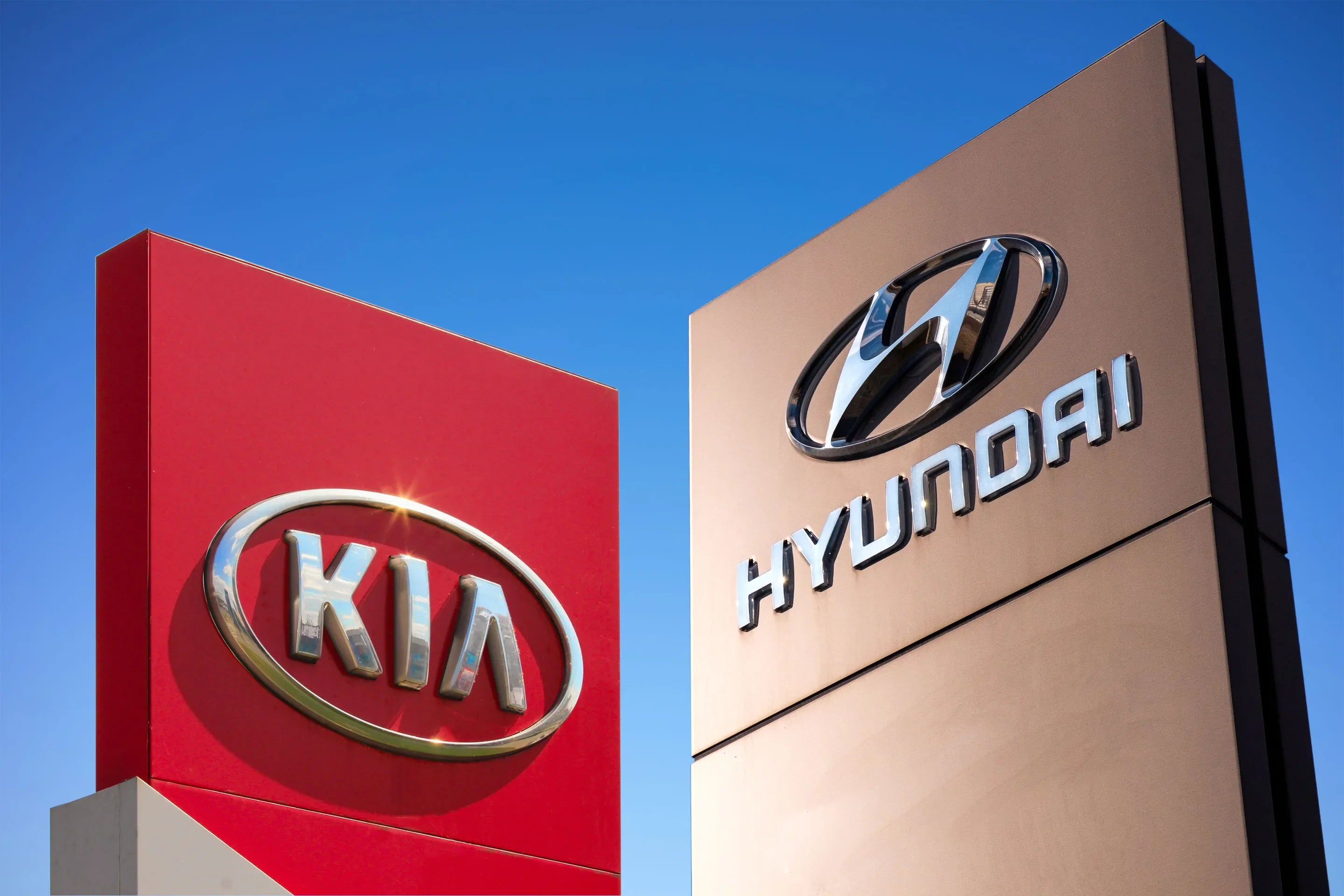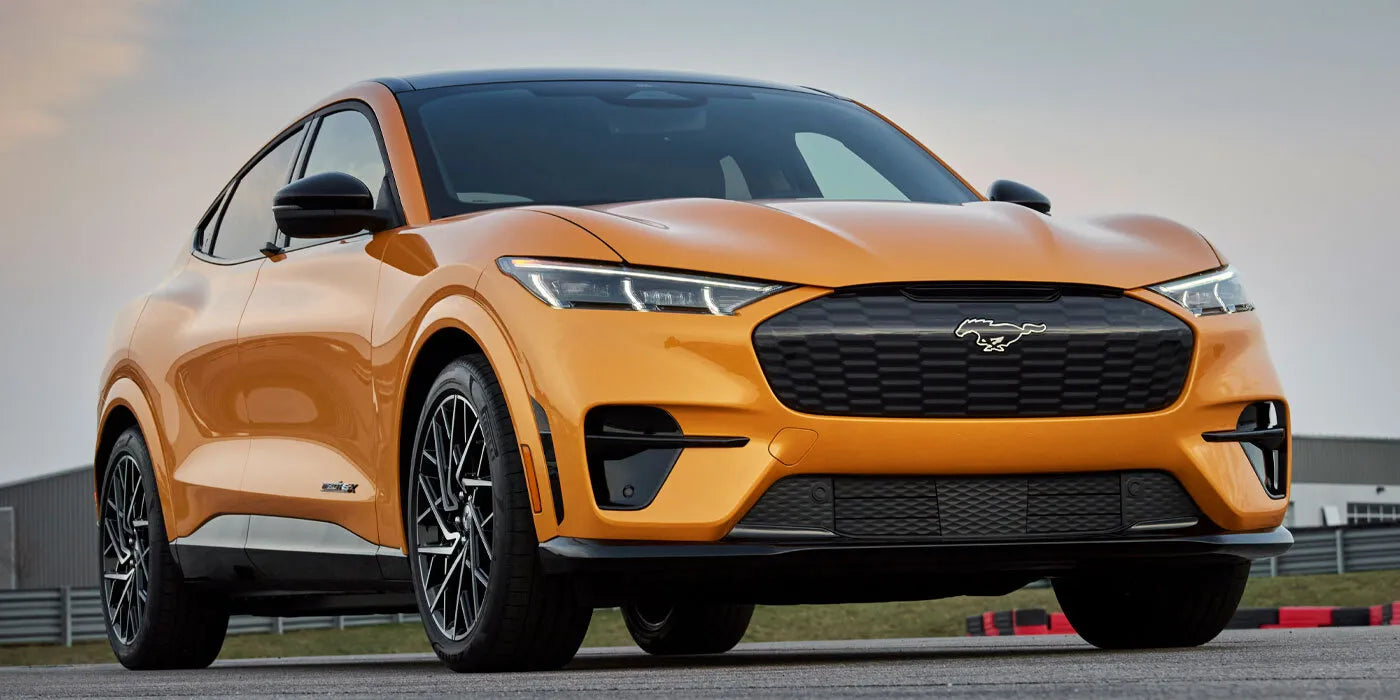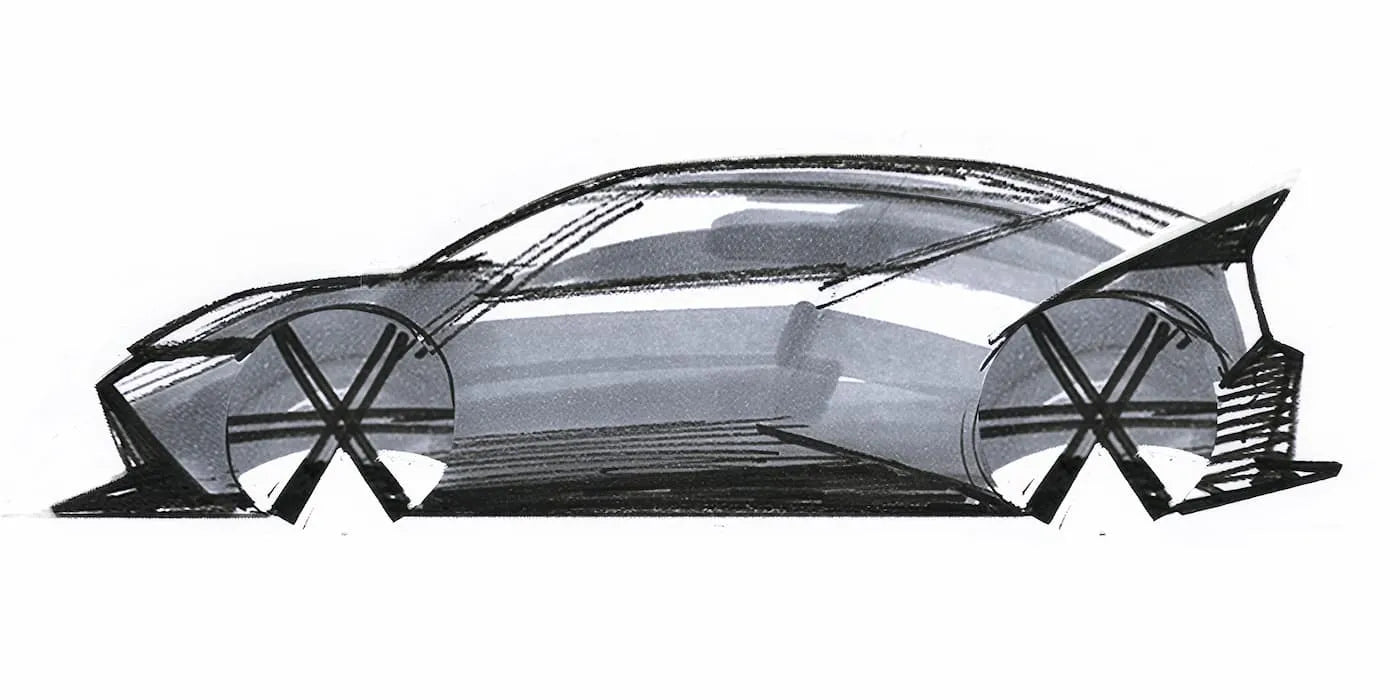AS SEEN ON
RECOMMENDED BY

Kim Java
If you go to a friend's house and their car is blocking the charger or the charger is in an awkward spot, or you're travelling just can't quite reach the charger, you can use the extra length that you need.

Robert Rosenfeld
Perfect solution for charging multiple cars without the hassle! Durable, reliable, and makes outdoor charging effortless. Exactly what I needed!

Walter Schulze
When you’re on a roadtrip going to a hotel that has an EV charger, the PlugShare says it's available and working, and when you get there it is ICEd. That's where EVDANCE Extension Cord comes into play.
EV Compatibility
Best Sellers
EVDANCE Pulse Fusion NACS DC To CCS1 Adapter
EVDANCE Tesla(NACS) to J1772 Charging Adapter with Security Lock
EVDANCE Mini Tesla(NACS) to J1772 Charging Adapter Max 80 Amp & 250V
EVDANCE CCS1 To NACS Adapter 250KW
EVDANCE SAE J1772 to Tesla Charging Adapter 80 Amp/ 240V
EVDANCE V2L Adapter for Hyundai Ioniq 5 & Ioniq 6,Kia EV6 15 Amp
EVDANCE
Charging Everywhere, Anytime
At home, on the road, or off the beaten path, our EV chargers, extension cords, and adapters ensure your electric vehicle stays powered in any situation.
Customer Support
Monday - Friday
24/7 Customer Support
1-Year Warranty
EVDANCE Covers A Period Of 12 Months From The Date Of Purchase.
Fast Free Shipping
Fast Free US & DE & CA Shipping 48 - 72 Hours
Secure Payment
On EVDANCE Your Payment Information Is Processed Securely
FAQ
What types of EV chargers are available and which one is right for me?
There are mainly three types of EV chargers: Level 1, Level 2, and DC Fast Chargers. Level 1 chargers use a standard household outlet and are best for overnight charging at home. Level 2 chargers require a 240V outlet and charge faster, making them suitable for both home and public use. DC Fast Chargers provide rapid charging and are commonly found in public charging stations.
How long does it take to charge an electric vehicle?
Charging time varies based on the charger type and the vehicle's battery capacity. Level 1 chargers can take 8-20 hours to fully charge, Level 2 chargers can take 4-8 hours, and DC Fast Chargers can charge up to 80% in 20-40 minutes.
What are the costs associated with installing an EV charger at home?
The cost of installing an EV charger at home depends on the type of charger, installation complexity, and local labor rates. Level 1 chargers generally cost less since they can use existing outlets, while Level 2 chargers may require electrical upgrades and can cost between $500 to $2,000 including installation. Incentives and rebates might be available to offset these costs.
Are there incentives or rebates for installing EV chargers?
Yes, many regions offer incentives and rebates for installing EV chargers. These can come from federal, state, or local governments, as well as utility companies. Incentives may cover part of the installation costs, provide tax credits, or offer rebates on the purchase of the charger. It's advisable to check local resources for specific programs available in your area.
What is the difference between a connector and a charger?
A connector refers to the physical plug that connects the EV to the charging station, while a charger is the entire system that delivers electricity to the EV. There are different connector types depending on the region and the charging standard, such as Type 1 (J1772) in North America, Type 2 (Mennekes) in Europe, and CHAdeMO or CCS for fast charging.
How do I apply for tax credits to offset my EV charger installation costs?
Want to learn how to claim a tax credit to offset the cost of installing an electric vehicle charger? See here. 2024 EV Tax Credit: The Best Way to Save on Your EV
Not Found Your Qustions?
Go to our QA Question Bank for more answers!
EV NEWS
Stay current with the latest breakthroughs, sales trends, policy updates, and industry shifts shaping the future of electric mobility. From EV startups to legacy automakers, this section delivers timely insights into the rapidly evolving world of electric vehicles—covering tech innovations, market performance, charging infrastructure, and more.
The 2027 Chevy Bolt Balances Promise With Caution
The 2027 Chevy Bolt brings NACS charging, an LFP battery, and sub-$30K pricing to the EV market. But GM is limiting production as it braces for slower demand after the end of federal tax credits.
Porsche Cayenne Electric to Debut in 2026 with Game-Changing Wireless Home Charging
The 2026 Porsche Cayenne Electric will offer wireless home charging with 11 kW power and 90% efficiency, plus 400 kW fast charging and 373 miles of range.
Hyundai and Kia Report Record-Breaking EV Sales in August
Hyundai and Kia reported record U.S. sales in August, fueled by strong EV and hybrid demand. Models like the Ioniq 5 and EV9 led growth as the federal tax credit nears its end.
Ford Mustang Mach-E Records Best Sales Month as EV Market Heats Up
Ford sold 10,671 EVs in August 2025, led by a record 7,226 Mustang Mach-Es. The F-150 Lightning also grew, while E-Transit lagged. Analysts expect strong Q3 sales before tax credits end, but Ford is preparing a $30,000 EV truck in 2027 to stay competitive.
GM Sets EV Sales Record While Warning of Sharp Decline Ahead
General Motors broke EV sales records in summer 2025, fueled by new models and tax credit FOMO. But with incentives ending, GM warns demand will cool.
Hyundai Ioniq 3 Concept Teased: Affordable EV Could Debut With Apple CarPlay Ultra
Hyundai has teased the Ioniq 3, its first compact EV concept, featuring radical design, next-gen software, and possible Apple CarPlay Ultra support. Positioned as an affordable alternative to larger Ioniq models, the Ioniq 3 could deliver around 300 miles of range and make premium tech more accessible to everyday buyers.





